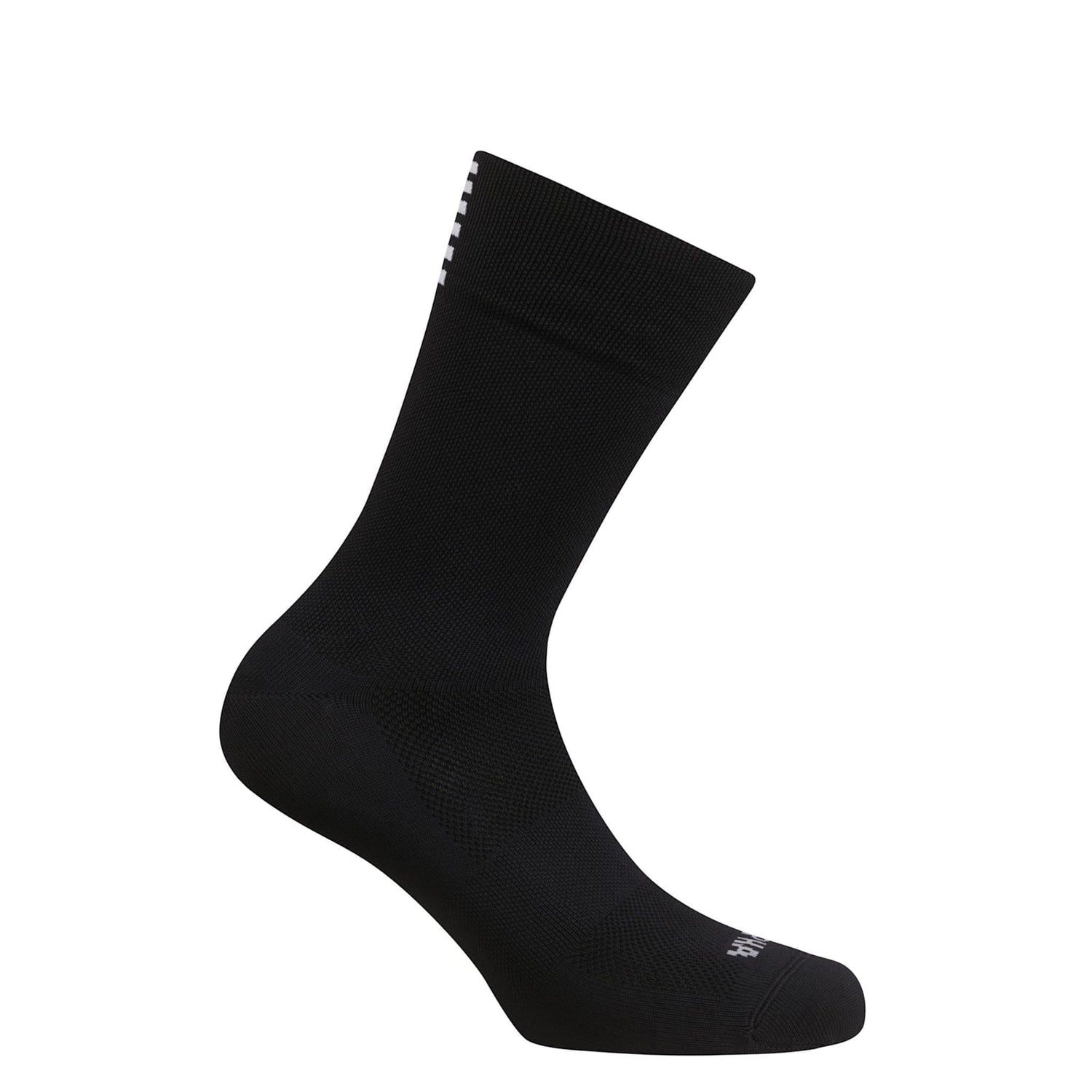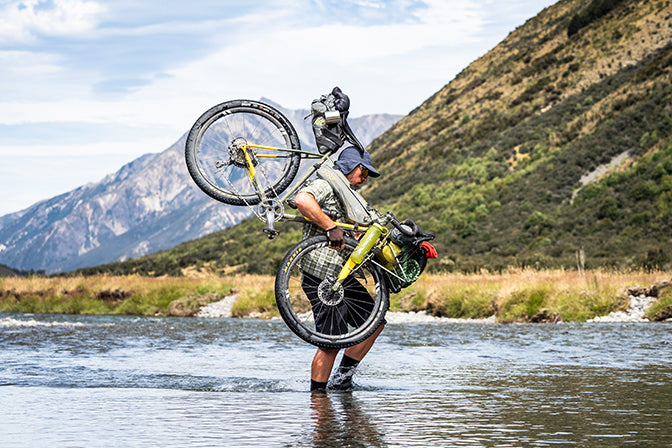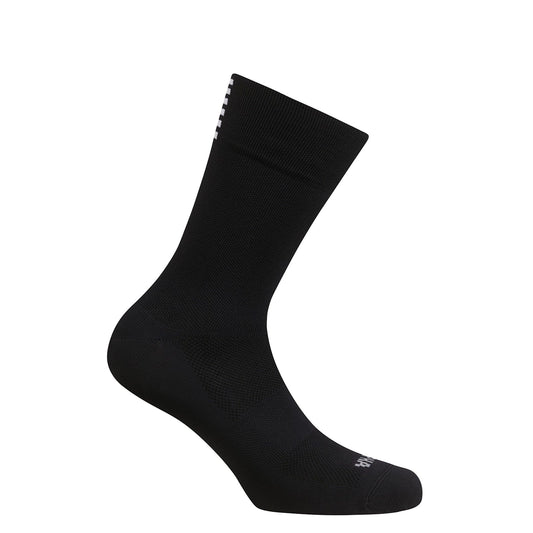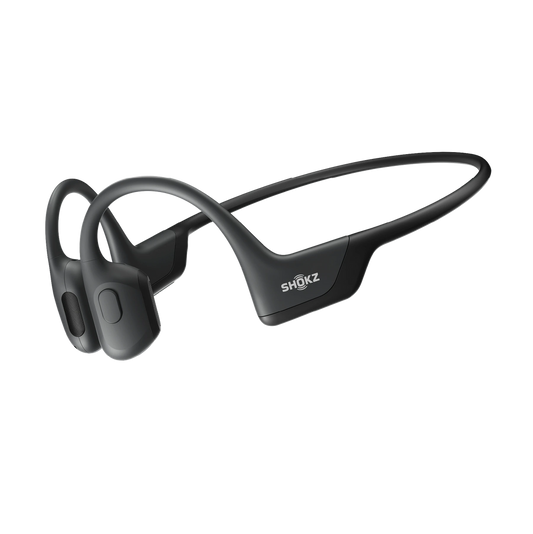Bikepacking is an adventure that blends the thrill of cycling with the freedom of camping. For those who have mastered the basics and are ready to take on more challenging routes, advanced bikepacking offers the perfect opportunity to push your limits. This guide covers essential tips needed for your advanced bikepacking journey ahead.
Long-Distance Planning

Long distance bikepacking calls for deliberate planning and thorough preparation. These are some essential actions to guarantee a smooth travel:
Choosing the Right Bikepacking Route
You really should choose a path that fits your interests and degree of ability. Australia boasts several amazing bikepacking trails, including the Mawson Trail in South Australia and the Munda Biddi Trail in Western Australia. From calm fire roads to tough mountain paths, these walks present varied topographies.
Preparing Your Bikepacking Bikes
For advanced bikepacking, your bike needs to be durable and reliable. Gravel bikes and touring bikes are excellent choices due to their versatility and comfort over long distances. Ensure your bike is well-maintained, with a focus on the drivetrain, brakes, and tyres. Equip your bike with sturdy bikepacking bags, such as frame packs, top tube bags, and a handlebar bag, to distribute the weight evenly.
Technical Terrain Skills
Navigating technical terrains requires a combination of skill and confidence. Here are some tips to help you tackle challenging routes:
Handling Rough Terrain
Mountain bikes or gravel bikes with larger tyres are appropriate for tough terrain. Build your confidence by cycling on uneven routes, loose gravel, and steep descents. To improve grip and handling, adjust your tyre pressure to match the terrain.
Hike a Bike Techniques
In some cases, you might need to hike your bike over particularly rough sections. Knowing how to efficiently carry your bike can save energy and prevent injuries. Use a dry bag or a seat pack to keep your gear compact and balanced, making it easier to carry your bike.
Ultra-Light Packing
Packing light without compromising on essential gear is crucial for advanced bikepacking. Here's how to optimise your packing:
Selecting the Right Bikepacking Bags
Get premium waterproof and sturdy bikepacking bags. Tools and water bottles are among heavier objects that fit perfectly in frame packs and top tube bags. For less weight, such as food and clothes, use a handlebar bag.
Essential Camping Gear
Bring light and compact camping equipment for overnight visits. Basics are a lightweight stove, a sleeping bag, and a tiny tent or bivvy. Choose versatile objects to maximise space, such as a sleeping mat that doubles as a seat.
Nutrition and Hydration
Maintaining energy throughout lengthy rides depends on being hydrated and fed. Here's how to properly handle your hydration and nutrition:
Meal Planning
Schedule your meals to strike a mix between proteins, carbohydrates, and fats. Great options are dehydrated meals and high-energy snacks such as almonds and dried fruits. To keep food fresh and safely, think about stashing it in a dry bag.
Hydration Strategies
Load enough water to last between resupply stations. Boost your water-carrying capability with hydration bladders and bottle cages. Bring a water filter to clean natural water supplies in far-off places.
Navigation and Safety
Advanced bikepacking often takes you into remote and unfamiliar areas. Ensuring you have reliable navigation tools and safety measures is critical.
Navigation Tools
Use GPS devices and offline maps to navigate your route. Smartphone apps like Komoot and Gaia GPS are excellent for planning and tracking your journey. Always carry a backup paper map and compass in case your electronics fail.
Safety Measures
Prepare for emergencies by carrying a first aid kit, a multi-tool, and a repair kit. Inform someone about your route and expected return time. In remote areas, consider carrying a satellite communicator for emergency communication.
Mental and Physical Preparation
Advanced bikepacking can be physically and mentally demanding. Here are some tips to prepare yourself:
Building Endurance
Progressively increase your ride distances to develop endurance. To raise your general level of fitness, including frequent strength building and flexibility workouts. As riding depends on your core, legs, and back, concentrate on activities strengthening these muscles.
Mental Strategies
Set little, reasonable objectives for yourself along the road to keep inspired. Maintaining a good attitude can help you to be ready for evolving circumstances. Use mindfulness and stress-reducing strategies to keep cool and concentrated in trying conditions.
Embrace the Adventure
Advanced bikepacking is about embracing the unknown and challenging yourself beyond your comfort zone. By preparing thoroughly and staying flexible, you can enjoy the journey and the unique experiences it offers.
Exploring Bikepacking Australia
Australia offers a vast landscape for bikepacking adventures. From the coastal paths of Tasmania to the rugged outback routes, there’s something for every adventurous spirit. Embrace the beauty of national parks, the solitude of remote trails, and the camaraderie of fellow bikepackers.
Conclusion

One exciting approach to challenge your mental and physical limitations and explore new terrain is advanced bikepacking. You can start amazing experiences by selecting the correct bikepacking path, developing technical terrain abilities, and getting ready extensively. To maximise your travel, keep light, drink plenty of water, and give safety top priority.
Eager to meet the challenge? Visit our website now, to equip yourself with the best and original bike and cycling gear for your bikepacking adventure.






